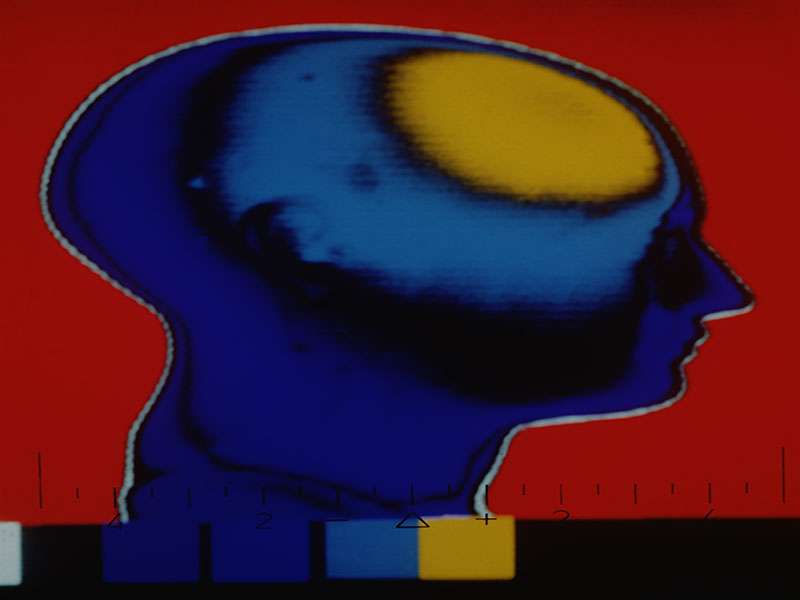Transcranial direct current stimulation beneficial in BED

(HealthDay)—Transcranial direct current stimulation (tDCS) is beneficial in binge-eating disorder (BED), with decreased cravings for sweets, savory proteins, and all foods, according to a study published online May 9 in the International Journal of Eating Disorders.
Emilee E. Burgess, from the University of Alabama at Birmingham, and colleagues examined the effect of tDCS on food craving, intake, binge-eating desire, and binge-eating frequency in 30 adults with BED or subthreshold BED. Participants received a 20-minute 2 mA session of tDCS targeting the dorsolateral prefrontal cortex and a sham session.
The researchers found that, compared with sham, tDCS correlated with decreased craving for sweets, savory proteins, and an all-foods category, with the strongest reductions seen in men (P < 0.05). Regardless of sex, tDCS correlated with decreases of 11 and 17.5 percent in total and preferred food intake, respectively (P < 0.05), and with reduced desire to binge eat on the day of real tDCS administration in males (P < 0.05). Eating less frequently for reward motives and greater intent to restrict calories predicted the reduction in craving and food intake, respectively.
"This proof-of-concept study is the first to find ameliorating effects of tDCS in BED," the authors write. "The results support investigation of repeated tDCS as a safe and noninvasive treatment adjunct for BED."
More information:
Abstract
Full Text (subscription or payment may be required)
Copyright © 2016 HealthDay. All rights reserved.


















